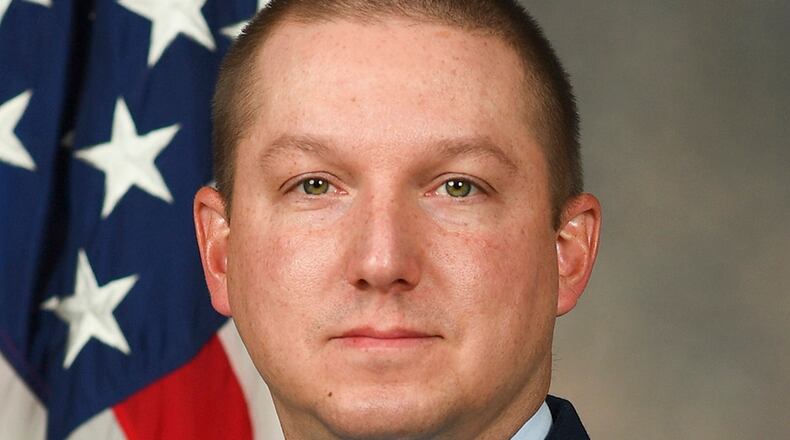Nearly a year into my command tour, I have learned the only catchphrase that seems to be needed is: “Go do.”
A culture exists today that appears to have permeated throughout the entire force — a feeling of “wait and see,” “it’s not my job” or “I didn’t know I could.” While this isn’t a new problem, the state of the world and the last two years of COVID-19 has exasperated that feeling.
The simple truth is that regardless of the type of Airmen you are, your position, rank or title, every one of you are EMPOWERED. Empowered and expected to go do what you need to do in order to make the mission happen. Empowered and expected to find ways to improve how your workplace operates, your unit performs and, by extension, improve mission accomplishment.
Finally, you are automatically empowered and expected to be the subject matter expert in your field and “own your battlespace.”
At this point, you’re thinking, “Great, I’m empowered, so how do I go about doing anything you just said and why should I care?” The easiest place to start is your duty description.
Every Airmen, whether military or civilian, has a position or duty description. Go find it and read it over. That description is your battlespace. You are automatically empowered to perform the duties within that description and expected to strive for excellence wherever and whenever possible.
Next, we are each charged to uphold the oaths, values and code of conduct outlined in the Air Force’s “Profession of Arms: Our Core Values.” Take a fresh look. The “Blue Book” isn’t full of restrictions. In fact, it provides a framework for each and every one of us to accomplish our mission — morally, legally and ethically.
Finally, each Airmen has guidance at the Air Force and sometimes major command levels, which provides additional details. Documents such as Air Force Materiel Command’s onboarding guide; Air Force Instruction 1-1, “Air Force Culture”; and “The Enlisted Force Structure” (“Brown Book”) are a wealth of knowledge. Each one provides pathways for success, and all of these documents implore you to take care of your teammates and ultimately get after the mission.
Why should you care? At one time or another, you have either heard or uttered the phrase, “Why doesn’t someone fix this?” Again, the truth is we all share that responsibility to take action.
A GS-4 or Airman first class have a very small lane they control; however, they know exactly what’s going on in the trenches and have the skill and knowledge to fix issues.
A general officer or Senior Executive Service civilian have immense authority but across a massive span of control. They have neither the time nor the expertise to even begin locating and diagnosing issues that plague those who are getting their hands dirty.
Therefore, the job falls on all of us to come together, identify the issues and make solutions happen. In short, go get your hands dirty in your battlespace, fix what you can, ask for help where needed and then move to the next issue.
Rinse. Repeat. Go do.
About the Author
